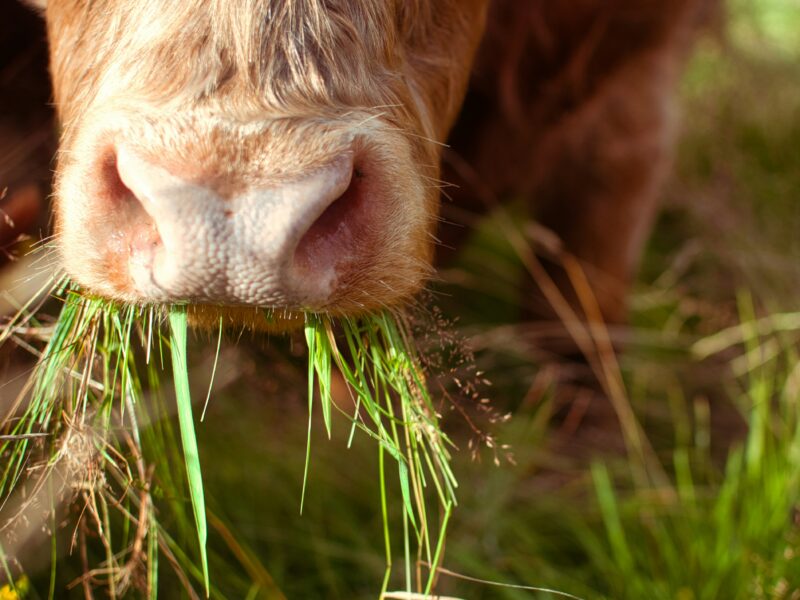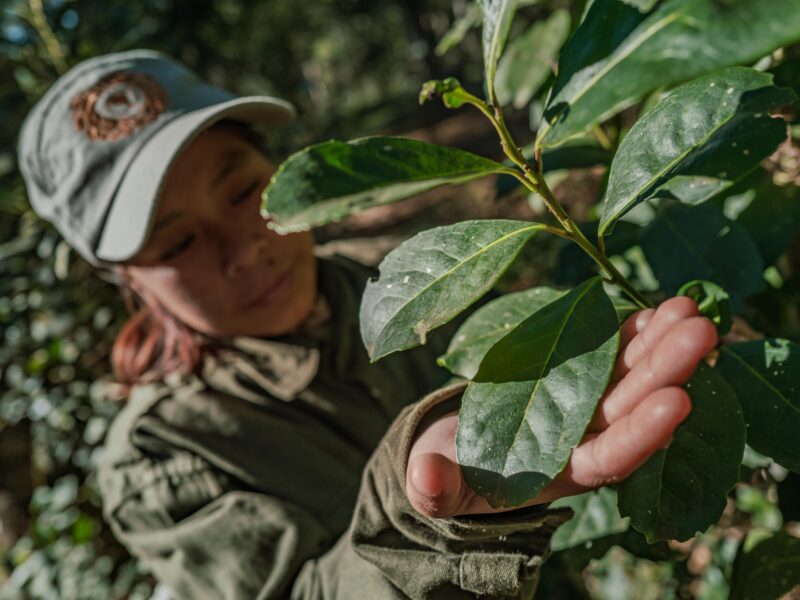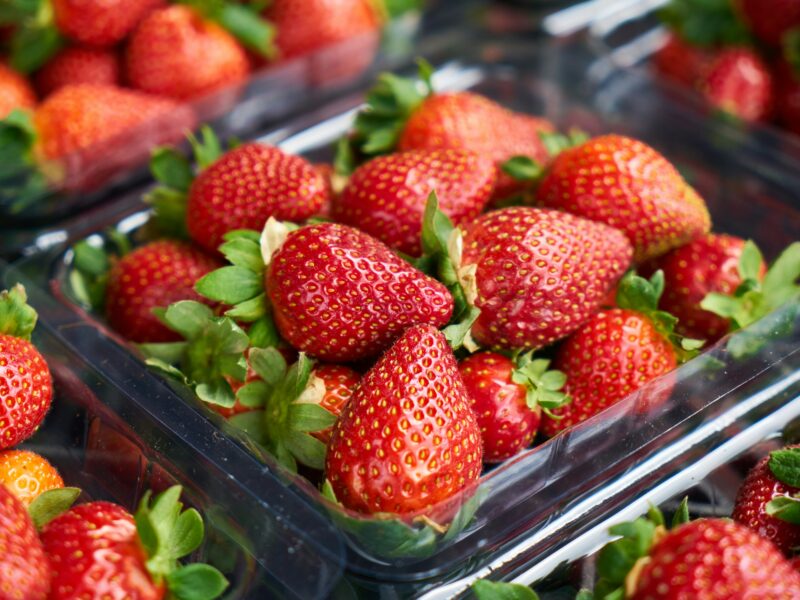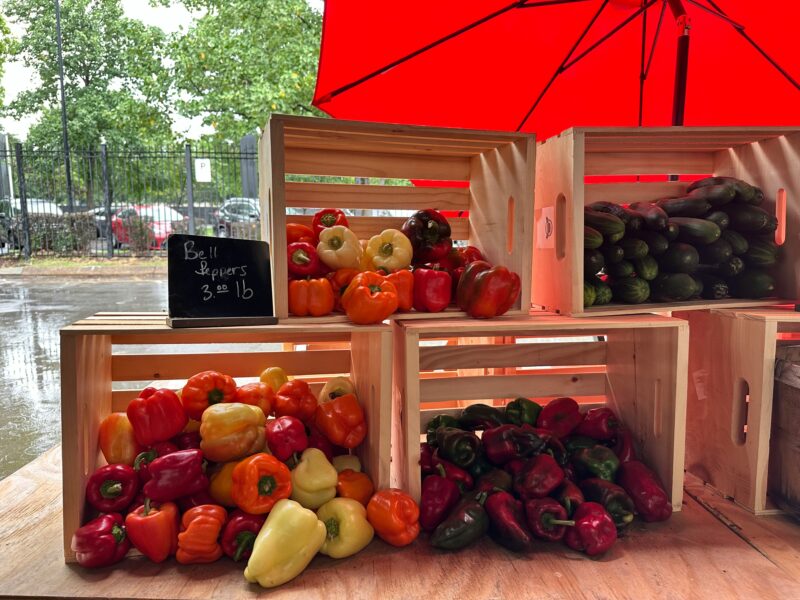If you’re looking to eat a healthy diet and maintain a healthy environment, local, organic food is the gold standard.
Why organic?
If you’re new to organic, you might not be fully convinced about the most important reasons to choose organic.
Organics are good for your health and the environment – studies link eating organic to a variety of beneficial health effects. A new study, from Friends of the Earth, showed that switching to an organic diet decreased levels of cancer-causing glyphosate – the main ingredient in Bayer-Monsanto’s pesticide Roundup – by 70 percent in participants’ bodies in just one week.
Why avoid conventional?
The main reason to avoid conventional foods is to skip the more than 700 chemicals used to manufacture these products. Organic production also prohibits the use of antibiotics, thus decreasing the development of antibiotic resistance, according to several studies, which found lower rates of antibiotic-resistant bacteria on organic animal products, compared to conventional.
Why local?
Local and organic is better for the environment closest to you, it helps mitigate climate change, and it offsets carbon.
If farmers in your area use chemical-dependent agriculture, contamination is likely in the local water supply and soil. Those chemicals also likely cause a decline in the population of beneficial insects, such as pollinators – studies show that pollinators such as honeybees, native bees, butterflies, and birds are in decline.
Many pesticides, even those used at home, are highly toxic to bees and pollinators. These pesticides lead to death and colony collapse disorder. In short, if you’re supporting conventional agriculture, you’re contributing to the decline of pollinators, birds, and beneficial insects.
Perhaps the most important reason to buy your organic locally is to lower the fossil fuel costs involved in transporting it. Most produce travels about 1,500 miles from farm to plate, and this long-distance, large-scale transportation of food consumes large quantities of fossil fuels – about 10 times the amount of energy derived from fossil fuels as the energy we get from the food itself, according to Cuesa.
To eat out-of-season produce, we also pay a high price in the number of carbon emissions produced when our food travels long distances. That’s not healthy for the consumer or the environment.
And it’s not just the continued reliance on fossil fuels, with their effects on the climate. There are also the extra measures involved in bringing something to market that’s not local. For example, to ship produce and keep it shelf-stable, it must typically be picked before it’s ripe and then gassed to “ripen” it after transport.
When produce is shipped far from its origin it loses some nutritional value. Eating locally with the seasons is not only better for you but it is also the most effective way to save money on organic food and help offset the energy costs of transporting food out of season. As the cooler months approach, consider these ways of eating organic long into the winter months, when it’s often more expensive and less readily available.
Health benefits of local food
Conventional processed foods are depleted of valuable nutrients and packed full of chemicals and sugars. The live enzymes we get in food are killed off when it’s cooked or processed.
By contrast, local food is fresh food. Higher in nutrient density, fresh food can also improve digestion – in fact, making just one part of a fresh food meal can dramatically improve your health and digestion.
If you’re not a big fan of fruit and vegetables, it may be because you haven’t tried a good local organic strawberry or blueberry. You may need to retrain your taste buds to enjoy fresh organic fruits or vegetables.
Find out more here about how fresh organic foods act as a cleansing agent for your seasonal detox.
How to find local organic farmers
If you know your farmer, you’ll know your food, and the best way to build a relationship with local, organic farmers is at a farmer’s market. Farm stands and farmer’s markets are popping up all around the country, offering fresh seasonal goodies at competitive prices. (Use this directory to locate both farms and farmer’s markets.)
Another way to support a local farm is to join community-supported agriculture, or CSA, program. With this model, a farmer offers a certain number of “shares” to the public. Consumers purchase a share, like a subscription, and receive a box of fresh farm produce and other farm products each week throughout the farming season. Some CSAs also offer plants, flowers, and processed goods.
Many farmers participate in two types of CSA programs to ensure they grow exactly what their community wants, which in turn guarantees a sale at harvest time. The more traditional way is to offer CSA members a box of in-season produce. A newer model involves a discounted buying card with a set amount of money to spend on produce during the season, at a significant discount. This model allows consumers to pay for and pick in advance exactly what they want – and invest in that farmer ahead of the growing season.
A single CSA share can provide you with affordable access to a wide range of organic products, or you can split a share with a friend to make your investment even more budget-friendly. Either way, it’s a great way to help keep small organic farmers in business.
Food security
Over this past year, many of us learned the powerful lesson of making sure to have food on hand to sustain ourselves and your loved ones. Supporting local agriculture creates a sustainable food supply and helps with food security for your community. At the end of this health crisis, we want to have learned something from challenges involving food shortages and access issues, rather than continue to repeat the mistake of relying on food that travels long distances to get to your plate.
Knowing how to locate and grow organic will help ensure healthy options for you and the environment, because every dollar spent on local organic food at the farmers market, or directly from an organic farmer, is a powerful vote for our food future.









